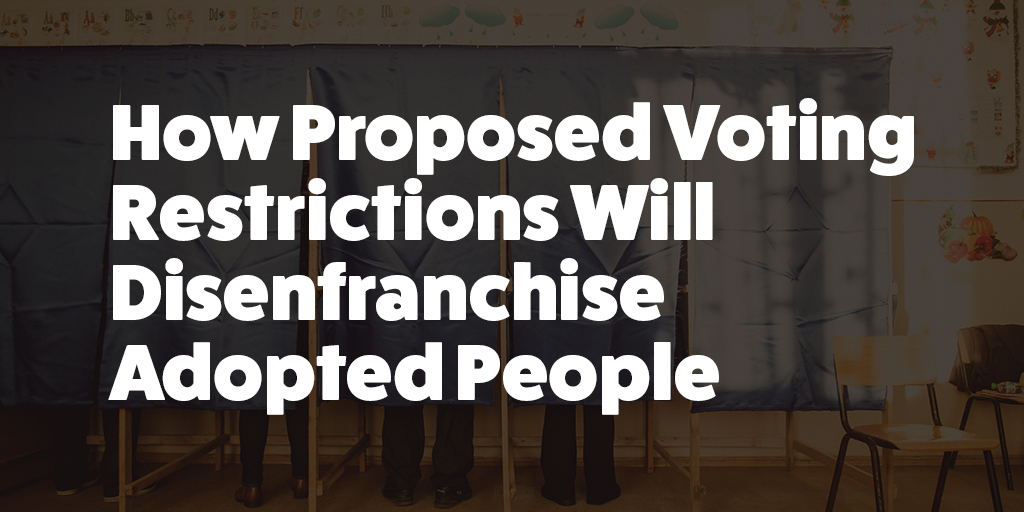A Michigan legislator’s effort to enact strict proof-of-citizenship voting requirements will disenfranchise thousands of eligible Michigan voters. It will also disproportionately impact adopted people in the state, particularly intercountry adoptees who may not have readily available proof of US citizenship. It also impacts US-born adoptees, who frequently have problems in obtaining critical identity documents, typically because of issues with post-adoption birth records and US passports.
We have collected stories from some of the adopted people that have faced problems in securing birth records, identity documents, and—ultimately— proof of US citizenship.

Kenneth
Intercountry adopted person
This firefighter was abandoned as a newborn in central Russia. After spending almost two years in an orphanage, he was adopted by US citizen parents and brought to the United States. Current law, known as the Child Citizenship Act of 2000, granted him automatic citizenship after his adoption. However, nearly 22 years later, this first responder must obtain proof of his citizenship by applying for a certificate of citizenship. Despite the Child Citizenship Act, certificates of citizenship were not automatically issued to thousands of intercountry adoptees who arrived in the United States prior to 2004. Today, tens of thousands of intercountry adoptees like Kenneth lack certificates of citizenship, which make it difficult to obtain a US passport. In addition, applying for a certificate of citizenship may require an immigration attorney as well as time: it can take 6 to 8 months to obtain a certificate of citizenship.

Annissa
Michigan-born adopted person
Annissa needed a US passport to travel for her partner’s job. She sent the passport agency her amended post-adoption birth certificate, which she had been using without issue for most of her life. After waiting a month, she received a letter from the US Department of State informing her that her post-adoption birth certificate was not valid for securing a US passport, as it had information on it that had been redacted. Fortunately, Annissa had reunited with her biological parents and had access to critical information on her original birth record that she would not normally be able to obtain without a court order. With that help, and additional fees, she was able to contact the correct governmental entity who in turn contacted the US passport agency. Despite paying extra for expediting processing of her US passport—which should have taken four weeks—it instead took four months. She had no prior knowledge or warning that this would be the case.

Katie
Intercountry Adopted Person
Katie is an international adoptee from Colombia who was adopted by a Michigan family in Washtenaw County in 1978. She is a naturalized US citizen. When she tried to get a US passport so that she could travel, however, she was told she needed her birth certificate, which had her birth name on it from Colombia, and the pictures on her naturalization papers showed her as a five year old. Katie had to locate and obtain her certificate of adoption and reapply for a replacement naturalization certificate. It cost her over $350 and delayed her plans for more than six months.

Pamela
Michigan-born Adopted Person
Pamela needed valid government-issued identification. State officials told her she would need to apply online for a new post-adoption birth certificate, which she had lost. She contacted the vital records office in Lansing and, in order to apply online, one of the mandatory questions was “what city were you born in?” Her pre-adoption non-identifying information—which the state must provide to adoptees upon request— provided only her county of birth, not the city of birth. Accordingly, she was being asked to provide information to the state that the state had denied to her. Pamela made an educated guess of the city and happened to be correct. Had she been wrong, she would have continued to have difficulty obtaining a driver’s license or a US passport.

Christine
Michigan-born adopted person
Christine is a Michigan born adopted person. When Christine tried to obtain her Real ID from the Secretary of State she was told that her amended post-adoption birth certificate would not suffice because it was allegedly not issued “by an acceptable government agency.” It took her 18 months to dispute this, which included involvement of her state representative, in order to finally obtain her Real ID.

Rebecca
Michigan-born adopted person
After waiting two hours at the Secretary of State’s office to get Real ID, Rebecca was told that “no one with that name was born in that city on that day” and was denied the card. She was 44, and had used her amended post-adoption birth certificate without issue whenever identification was required. After three weeks of phone calls to various agencies, Rebecca was finally told to order a new copy of her post-adoption birth certificate due to problems in Michigan’s record keeping system that matched pre-adoption and post-adoption birth records. She ultimately had to pay to replace her birth record, a document she had been using without incident for most of her life. For Rebecca, the entire experience was extremely distressing and invalidating, and it caused her to avoid the Secretary of State’s office for six years. Only recently was she finally approved for a Real ID.
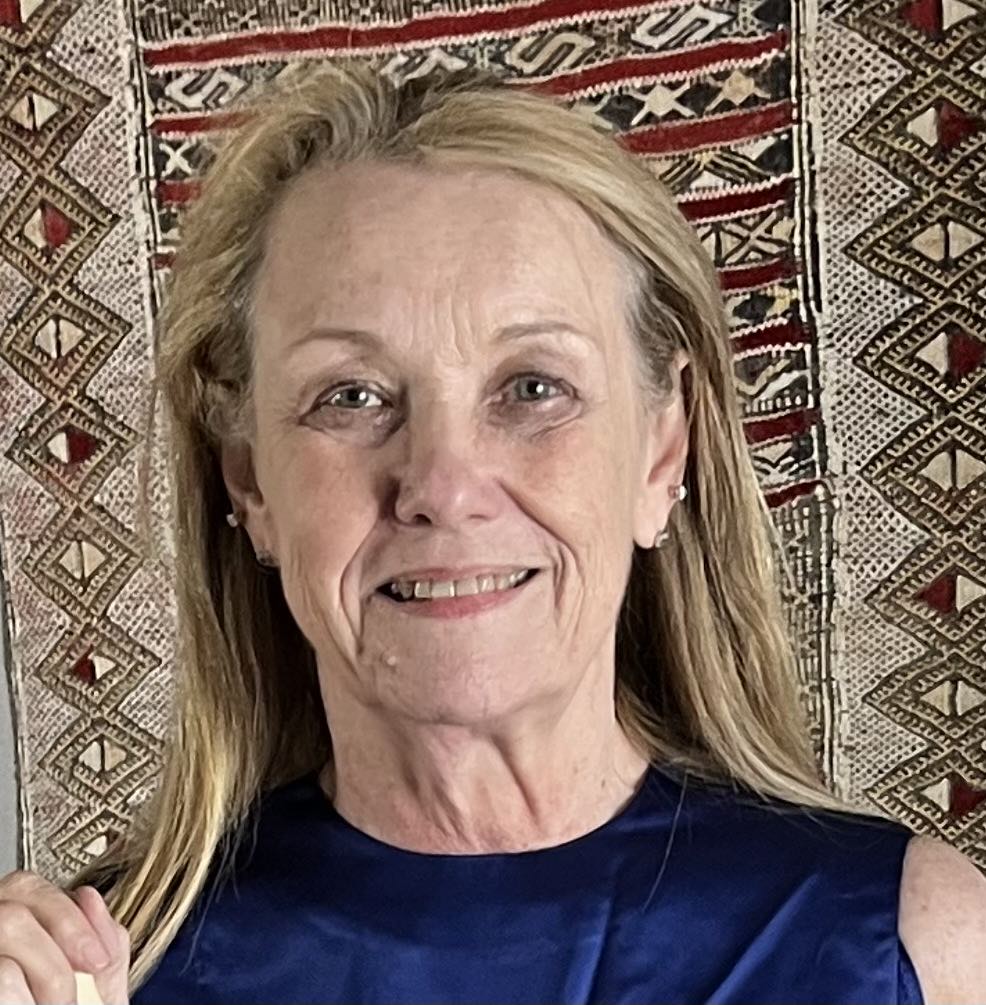
Jill
Michigan-born adopted person
Born in 1954, Jill can attest to having problems with her identity documents her entire life. She used a certificate of birth registration to enroll in school in place of an amended post-adoption birth certificate because she did not have an amended record. Jill later used her court order of adoption to prove her identity. She had difficulty getting a Michigan driver’s license, and had requests for a passport returned multiple times, despite sending in her certified order of adoption that had been signed by a Michigan judge.
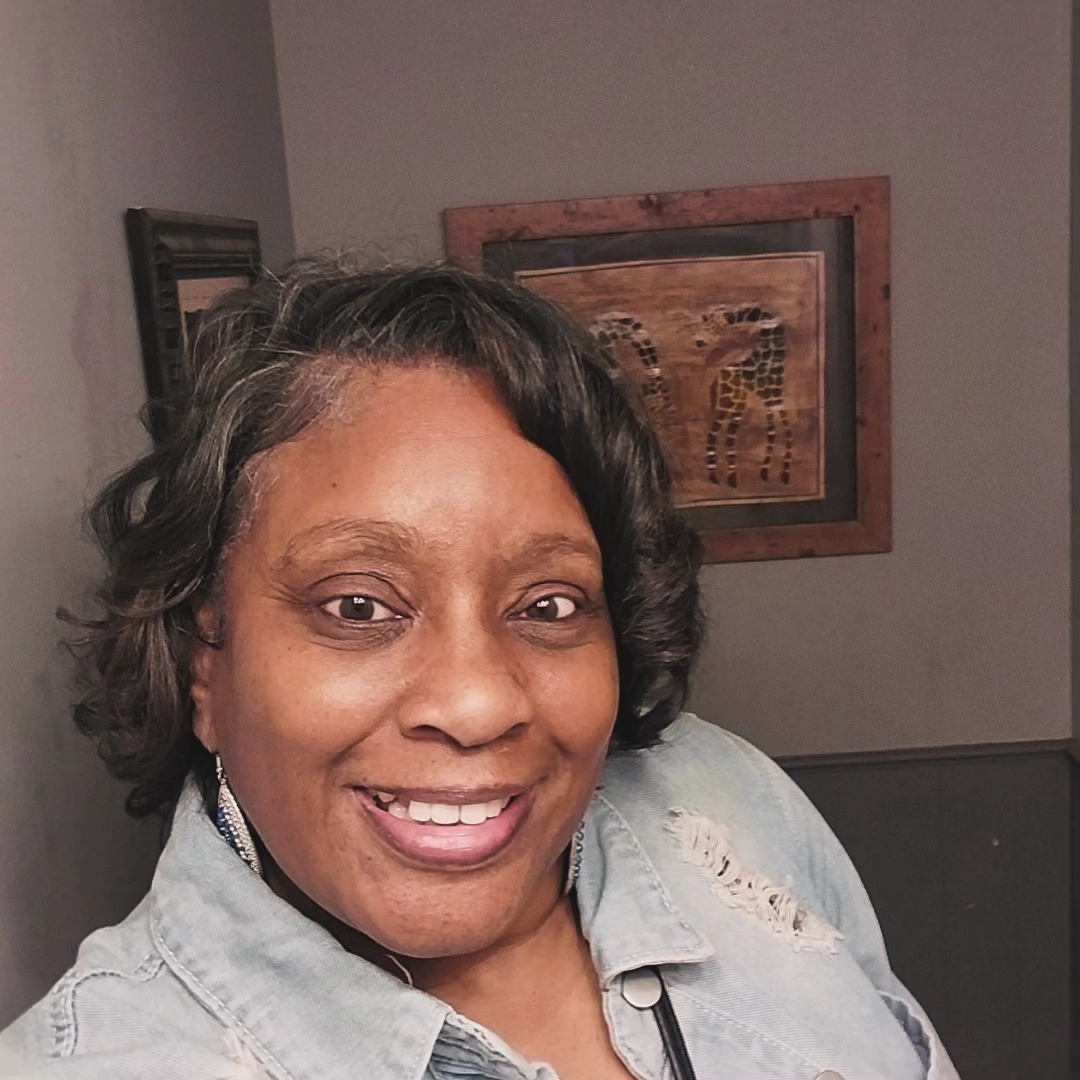
Monique
Michigan-born adopted person
Monique was born in 1956, relinquished at the William Booth Hospital in Detroit, and placed in the Methodist Children’s Home. She later went into foster care, and her foster parents adopted her at the age of seven. Shortly after the adoption, her new parents went to court to get her paperwork, but the judge had retired and the records could not be located. Monique did not have a birth certificate until she was 18 years old. She was able to register for school because she continued to get immunizations through the Methodist Children’s Home, and the school was willing to accept her immunization records. Not having a birth certificate impacted her ability to learn to drive as well as apply for college. At 18, she went to Lansing to obtain a copy of her order of adoption and her amended birth certificate, but she was required to pay more than what a non-adopted person would pay. Monique is still trying to get her records, which were ultimately found in the home of the judge who had finalized her adoption.
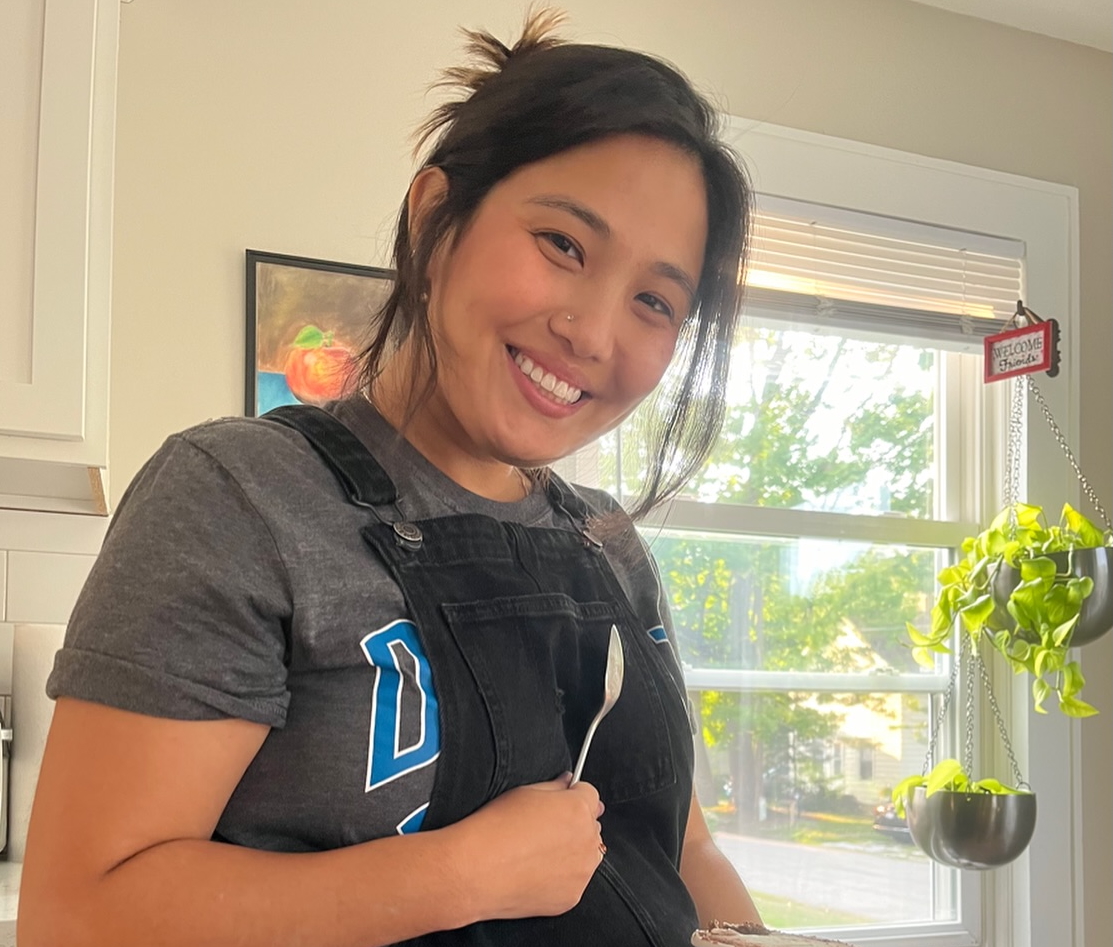
Anna
Intercountry adopted person
Anna is an international, transracially adopted person from Saratov, Russia. Anna came to the United States as an infant in 1998, and it took her adoptive mother four years to get Anna’s proof of US citizenship. As an adult, Anna reconnected with her biological family, and she changed her last name to her birth name as a way of reconnecting with her own identity. Despite being a US citizen, Anna would have a difficult time voting under the proposal due to multiple factors, including her name change not matching her certificate of citizenship. Getting a new certificate of citizenship would cost $505, potential attorney fees, and months of waiting for issuance of the certificate.
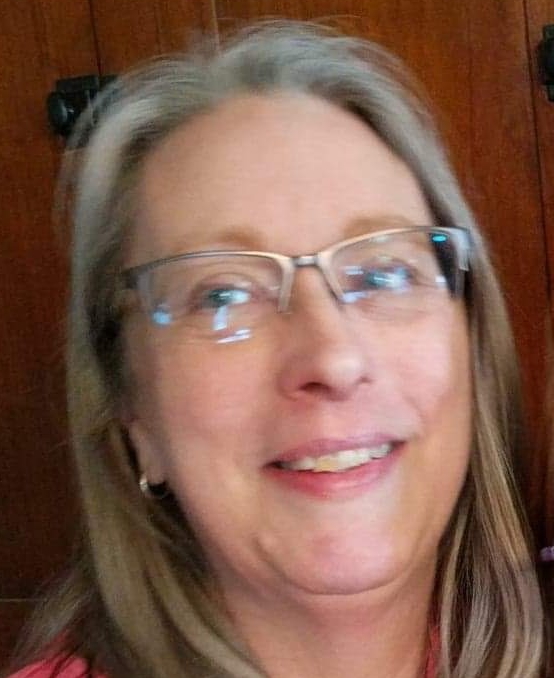
Ruth
Michigan-born adopted person
Ruth is a retired registered nurse. She was born in 1954 and adopted in 1957 through the probate court in Mecosta County. Her amended post-adoption birth certificate has been questioned her entire life due to having four different dates on it. She was initially told by the state’s Central Adoption Registry that they had no record of her, but vital records in Lansing told her it did have her information—but she could not have it. She has petitioned the court for her original birth certificate, and was told by the judge that her reasons were not compelling enough for her to have the record. If the SAVE Act is passed it could lead to denying her right to vote. She is still trying to obtain a US passport. Republican Representative Pat Outman sponsored a bill to help Ruth, but that effort was unsuccessful. Ruth’s story is unfortunately not unique to adopted people in Michigan.

Ande
Intercountry adopted person
Ande was adopted from foster care in the United Kingdom in 1967 by parents who were temporarily stationed there through the U.S. Air Force. She has lived in the United States for 56 years. She was denied Real ID for 19 of those years despite having a birth certificate, an amended birth certificate, a copy of the adoption decree, a marriage certificate, proof of residence, and a valid driver’s license. Officials repeatedly told Ande that her identity documents were insufficient. She was unable to secure a passport or a Real ID until her adoptive mother died in 2020, after which she inherited a file that contained her original US passport from childhood. Had her mother not passed away, or had her original passport been lost, Ande would still be trying to get a Real ID and a US passport today.

